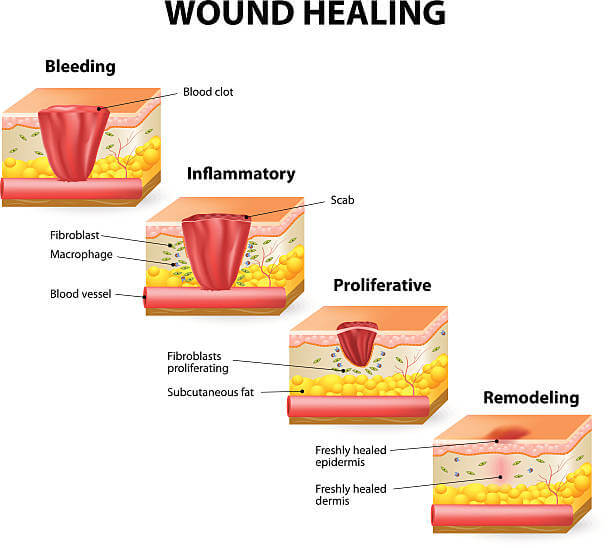If surgery is in the near future, you might be curious about how to recuperate more rapidly, get back to work more quickly and get back to the gym faster. Although your “want for speed” may be strong, keep in mind that the quality of your recovery is also essential. The following advice may be helpful to you as you try to resume your life after surgery:
- Listen to your healthcare provider: Patients often disregard those instructions that may cause inconvenience in their lifestyle. Taking a sponge bath, staying home from work, not sitting cross-legged, not lifting heavier weights, or not bending from the back may all seem abnormal to your craving to return to everyday life. Still, all in all, the rest is significantly more important. Doing too much too soon will lead you back to square one.
- Infection and inspection: The best way to get rid of surgical aftermath is to take care of your wound and prevent it from being infected. Surgical site infections may happen within 30 days after surgery. It is essential to wash your hands before touching your wound and keep the area surrounding it clean. It might not be the best sight to look at but inspect your incision several times a day to ensure the stitches are intact and there is no wound drainage.
- Eating means healing: It is common to lose appetite after surgery, but remember that eating implies healing. Your body needs the correct fuel to amp up the recovery. You might feel nauseous, constipated, or simply not hungry, but make sure you stay hydrated and consume a healthy diet. Modifying your diet will take you a long way past common complications and unnecessary side effects of anaesthesia.
- Move: Take a short stroll around your house every hour to relieve yourself. Walking will help you avoid major issues, including deep vein thrombosis (DVT), blood clots, and pneumonia. Walking is an excellent approach to start exercising again. Additionally, it makes it simpler to return to your routine once you’ve recovered. You can begin engaging in more physical activity two to four weeks after the beginning of the treatment. Following surgery, regular check-ups and rehabilitation sessions are pretty helpful. It prevents post-operative problems while also continuously monitoring your progress.
- Know When to Seek Your Doctor: Discomfort is a certainty after surgery. Patients, however, often object to taking antibiotics because they worry about developing a drug addiction or because they dislike how they feel after taking prescription medications. Failure to take prescribed post-surgical medications may cause some complications. It’s necessary to call your healthcare provider if you experience an excruciating amount of pain. If you’re bleeding or having trouble breathing, can’t keep food or water down, have difficulty urinating, or have obvious signs of infection, immediately seek help from the healthcare provider in Sancheti.
Remember that the success of your recovery largely depends on how carefully you follow your post-op instructions, which are very precisely given to each patient in Sancheti Hospital.








0 comments on “5 Ways to speed up the healing process after surgery”